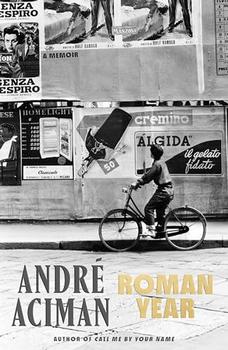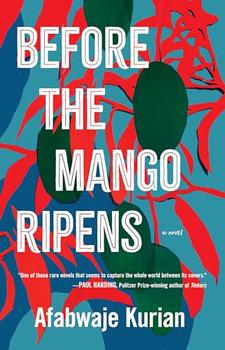
by Sheba Karim
This young adult novel by Sheba Karim, author of Skunk Girl, is a funny and affecting coming-of-age story for fans of Jenny Han, Megan McCafferty, and Sara Farizan.
Shabnam Qureshi is facing a summer of loneliness and boredom until she meets Jamie, who scores her a job at his aunt's pie shack. Shabnam quickly finds herself in love, while her former best friend, Farah, who Shabnam has begun to reconnect with, finds Jamie worrying.
In her quest to figure out who she really is and what she really wants, Shabnam looks for help in an unexpected place - her family, and her father's beloved Urdu poetry.
That Thing We Call a Heart is a funny and fresh story about the importance of love - in all its forms.
"Starred Review. Populated by complicated characters who are so well described readers will feel they might bump into them on the street, Karim's second novel delivers on its title's promise." - Kirkus
"Sexual situations, drug use, and profanity make this title appropriate for older audiences ... Fans of Sara Zarr and Jenny Han and readers of realistic fiction will enjoy this thoughtful, witty offering. Grades 9 and up." - School Library Journal
This information about That Thing We Call a Heart was first featured
in "The BookBrowse Review" - BookBrowse's membership magazine, and in our weekly "Publishing This Week" newsletter. Publication information is for the USA, and (unless stated otherwise) represents the first print edition. The reviews are necessarily limited to those that were available to us ahead of publication. If you are the publisher or author and feel that they do not properly reflect the range of media opinion now available, send us a message with the mainstream reviews that you would like to see added.
Any "Author Information" displayed below reflects the author's biography at the time this particular book was published.
Sheba Karim lives in New York City. She is working on a short story collection and is very glad not to be a lawyer anymore.
She says....
I fell in love with writing at an early age. I used to write novels in spiral bound notebooks, complete with illustrations that I'd copied from somewhere else. None of these novels were ever completed; back then, I couldn't quite get past the beginnings of things. My parents encouraged my writing, but, as hardworking Pakistani immigrants to whom medicine and perhaps engineering were the only feasible career paths, they felt it their duty to occasionally remind me, "Writing is a very nice past-time—for a doctor."
I'm not sure why, but I stopped writing in high school. In fact, I didn't think about writing again in any serious way until sometime in law school (not being very good at science, I'd decided to pursue law instead of medicine). After I graduated, I practiced family law for Legal Services in New York City, representing survivors of domestic violence who were primarily from South Asian countries. It was good work; every day I did something tangible to help someone else and I grew close to some of my clients. But the more I practiced law, the more I realized I didn't want to be a lawyer, and the more I wondered why I had waylaid my dreams of writing. I realized that, if I didn't at least make a serious attempt to pursue a career as a writer, I'd always regret it, and spend the rest of my life wondering "what if."
I began taking writing classes at the New School in Manhattan, and started working on a portfolio. Eventually I applied to MFA programs in creative writing, and was accepted into the Iowa Writers Workshop. I quit my job, and began my life as a full-time writer. Right before I started at Iowa, I did a writing residency at Hedgebrook. While I was there, I wrote a humorous monologue about a Pakistani-American girl recounting some of her more traumatic teenage experiences. This monologue was later performed in San Francisco. The audience seemed to really enjoy it, and I began to think that there might be a novel here, and how it would be a funny novel, but also an important one, because there weren't very many books that addressed the experiences Pakistanis or Muslims have growing up in U.S.
When I got to Iowa, I was still mulling over the idea when I found out that a children's fiction workshop was being offered (apparently for the first time ever). I took this as a sign, registered for the workshop, and began working on Skunk Girl. The rest, as they say, is her story.




Be careful about reading health books. You may die of a misprint.
Click Here to find out who said this, as well as discovering other famous literary quotes!
Your guide toexceptional books
BookBrowse seeks out and recommends the best in contemporary fiction and nonfiction—books that not only engage and entertain but also deepen our understanding of ourselves and the world around us.